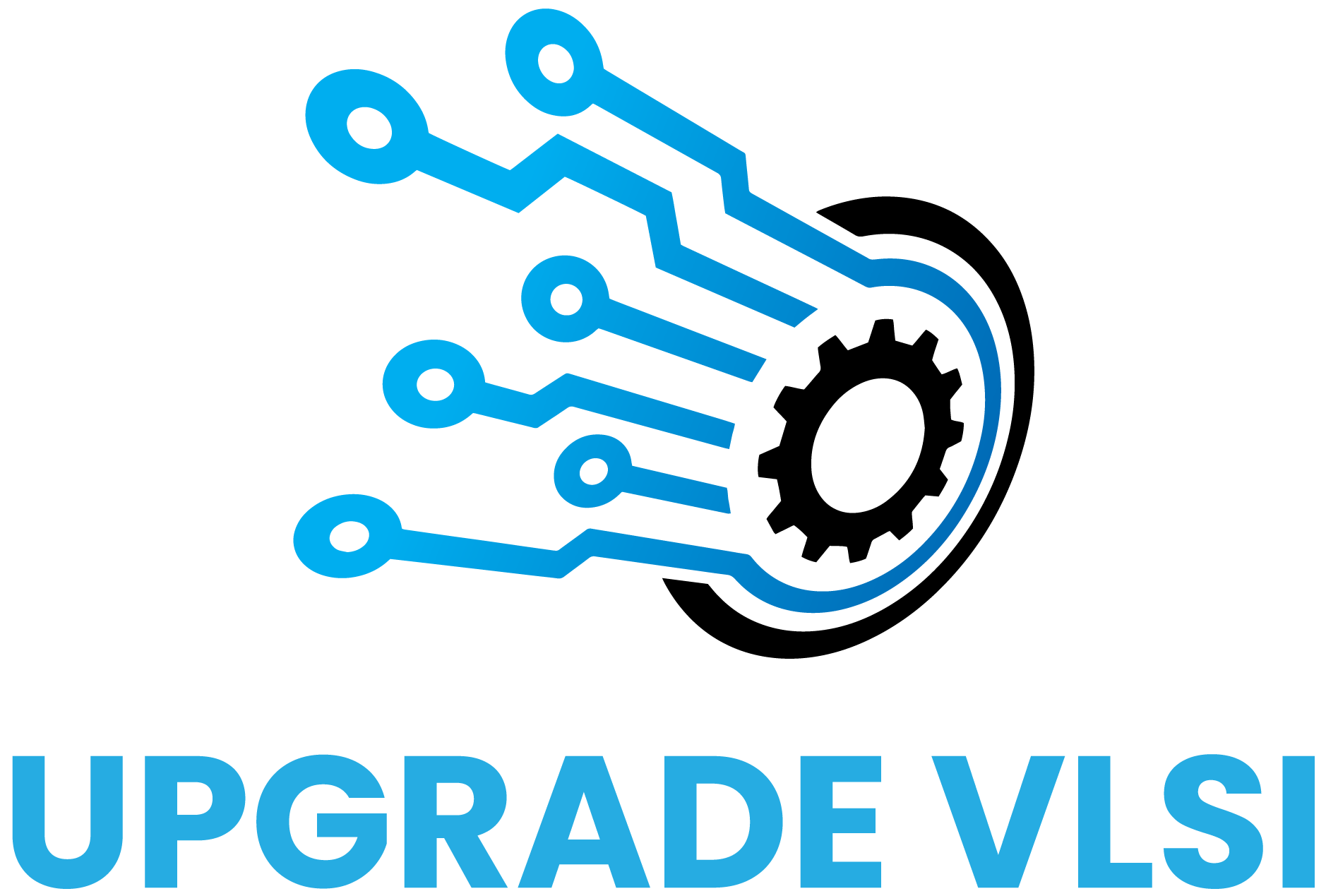VLSI (Very Large Scale Integration) is commonly deemed as developing several complicated computer circuits by positioning various different transistors jointly in a single chip of computer. Currently, Various persons consider this VLSI to be undesirable or even dead since it was famous during the period when the functions of computers were more restricted, and ICs (Integrated Circuits) only had a particular application set to operate.
Microprocessors are VLSI devices, and the VLSI has a wide variety of significant new applications lessening the circuit size, making the small circuits, and making such devices inexpensive. Generally speaking, VLSI is highly related to the means our appliances or devices run, such as cell phones, computers, and cameras.
Courses in VLSI design
There are several courses in VLSI design in India, like ME / M. Tech in VLSI design, M. Sc. / M. Tech in VLSI Design & technology, and PGDM. Also, several certification courses in VLSI are provided by high-class institutions and universities globally. Certificate courses in VLSI are ordinary skill-strengthening training courses designed following industries’ needs.
What is VLSI Design?
Very Large Scale Integration is described as the process of integrated circuit development by integrating many MOS (Metal Oxide Silicon) transistors to give rise to a single chip. This VLSI came into effect during the 1970s when MOC-integrated circuit chips were frequently accepted. This VLSI has encouraged complex semiconductor development and telecoms software development.
Who Can Pursue VLSI Design Courses?
The VLSI course can be pursued by:
- Learners who are studying electrical engineering.
- Graduates of computer science
- Experts work in electronics, IC designing, electrical, telecommunications, and power management.
What are the Eligibility Criteria for VLSI Design Courses?
- As the courses of VLSI Design are given at the PG level, the applicant must have a B. Tech/ B.E. in Electronics, Computer Science, Electrical, IT, or equivalent from the University.
- After M.E. /M. Tech in VLSI design l, the applicants are free to go for a doctorate in the same domain
- VLSI design admissions are made via the merits list and various competitive exams like BITSAT, GATE, CSIR UGC NET, TANCET, and IPU CET.
Skills Needed for VLSI Design Courses
- Adaptability
- Critical thinking
- Communication
- Organization
- Flexibility
- Digital design fundamentals
What Will you get in the course of VLSI Design?
Learning VLSI design certifications and courses will help you to learn the following things:
- Mathematics and Programming languages
- VLSI signal processing
- VLSI design basics
- Analog IC layout
- Digital Image Processing
- Behavior modeling
Career opportunities in VLSI Design
Nowadays, the gadgets of VLSI can be organized everywhere, from mobile devices to electronic devices, vehicles, and therapeutic techniques, among others. The VLSI is a rapidly developing domain and opens several doors to many lucrative job opportunities in electricals, automation, electronics, production control, information technology, telecommunication, consultancy, and instrumentation. There is always an excellent demand for designers of VLSI in corporations with relentless needs for building, remaking, and designing integrated circuits.
Conclusion
You can get several job chances as soon as you complete the courses in VLSI design. Given below are a few job profiles you can opt for.
- Consultant
- Physical Design Engineer
- Project Manager
- Programmer
- Project Designer
- VLSI Technical Lead
All the best!





